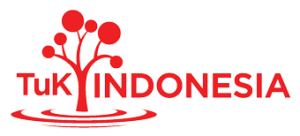This association has the purposes of the realisation of respect, protection and fulfilment of human rights and social justice by State and non-state actors in the fields of policies, programmes and activities of agribusiness and natural resources management.
The objectives of Tuk INDONESIA are:
- Civilisation with dignity and solidarity in human rights and social justice;
- Advocating the State’s obligations in order to enforce, execute, and fulfil constitutional rights and human rights;
- Challenging investment commitments and business activities of government and private businesses in respect of responsible and sustainable development;
- Encouraging norms, protection, and standards of human rights that are friendly and equitable in social, economic, cultural, political, and ecological aspects;
- Strengthening the synergy of initiatives and networks for collective actions in human rights and social justice;
- Alignments and justice actions that are real and promptly considered and implemented by the State, society and private sector in their policies and business activities.
To achieve the purposes and objectives above, the Association organises several activities, as follows:
- Encouraging approaches, mechanisms and procedures for human rights in public and private sector development;
- Partnering with human rights defenders and other support groups to encourage, create and activate political, social and cultural movements for the fulfilment of human rights;
- Providing supports and facilities in respect of human rights for vulnerable groups and marginalised communities through active networking, public fatwas (rulings) and mobilisation of resources;
- Conducting critical assessments and participatory investigations with regard to human rights and justice;
- Monitoring international sustainability initiatives in respect of public and private sector businesses, operations and investments in Indonesia;
- Translating integrity practices of agribusiness commodity trading and markets by linking consequences and implications of production and consumption to human rights and social justice;
- Urging investment and financing leaderships of public and private businesses to respect and improve their lending in agribusiness commodities and natural resources;
- Developing capacity of the organisation and managing resources to achieve the organisation’s vision and mission.
This post is also available in: Indonesian

